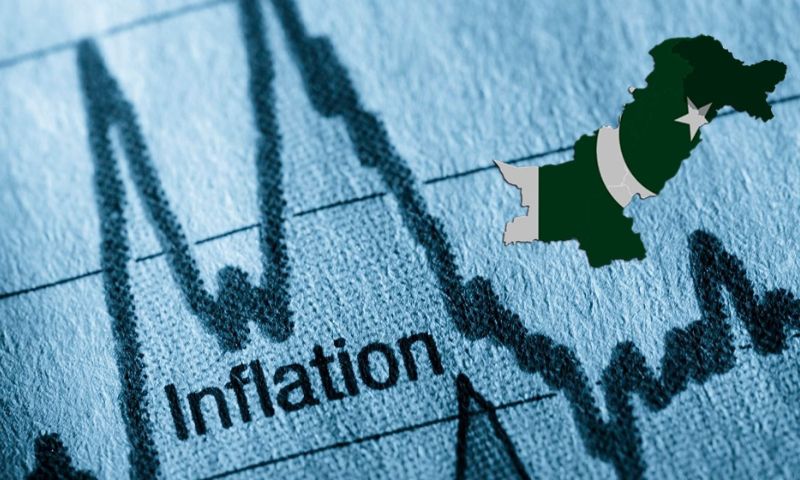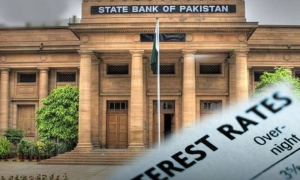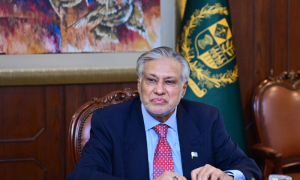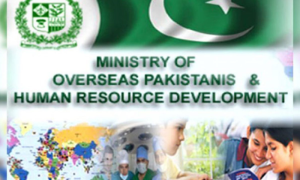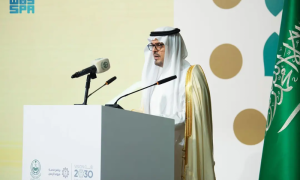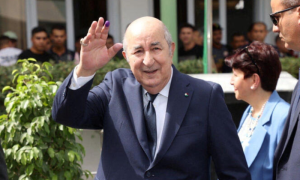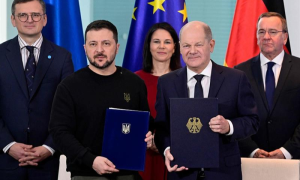ISLAMABAD: Pakistan’s finance ministry on Tuesday released its monthly outlook for July, indicating that Consumer Price Index (CPI) inflation is heading towards single digit.
The CPI, which tracks changes in household expenditure, rose to 255.94 points in June from 254.78 points in May 2024, according to the Pakistan Bureau of Statistics (PBS).
The CPI averaged 93.08 points from 2001 to 2024, with a peak of 264.46 points in March 2024 and a low of 31.12 points in July 2001.
The report noted that CPI inflation was near single digits in June 2024, recorded at 12.6% year-on-year (YoY), up from 11.8% in May but down from 29.4% in June 2023.
The finance ministry highlighted that the economy is trending towards stability in the fiscal year 2024, with decreasing inflation, a surplus in the primary fiscal account (July-May), a minimal current account deficit, and a stable exchange rate. The external account improved due to controlled imports and increased exports and remittances.
The report also mentioned that the government’s recent $7 billion extended fund facility with the International Monetary Fund (IMF) is expected to bolster stability further.
In terms of economic sectors, the agriculture sector has shown “robust growth” this fiscal year, while large-scale manufacturing is on the rise, expanding 1% during July-May in FY 2024 compared to a 9.6% contraction the previous year. The fiscal balance has also improved due to the government’s consolidation efforts, reducing the fiscal deficit to 4.9% of GDP from 5.5% last year. The primary balance showed a surplus of Rs1,620.5 billion (1.5% of GDP) during July-May FY2024, in contrast to a deficit of Rs112 billion.
Finance Minister Muhammad Aurangzeb emphasized the importance of export-led growth to prevent another balance of payments crisis. Speaking to industrialists in Karachi, he noted the past issues when increased imports led to a depletion of foreign reserves, necessitating assistance from the IMF.
Aurangzeb, drawing on his banking experience, pointed out that currency stability and foreign reserves are crucial for the private sector. He stressed that a focus on export-led growth is essential to avoid balance of payments problems and provide room for economic expansion.
Regarding interest rates, the finance minister expressed hope for further cuts, acknowledging that while it’s the State Bank of Pakistan’s (SBP) decision, he views potential rate cuts as positive.
He noted that despite potential inflationary pressures, maintaining a positive real interest rate is necessary. He also acknowledged the challenges posed by high interest rates and taxation but emphasized that achieving macroeconomic stability is key to fostering growth.









